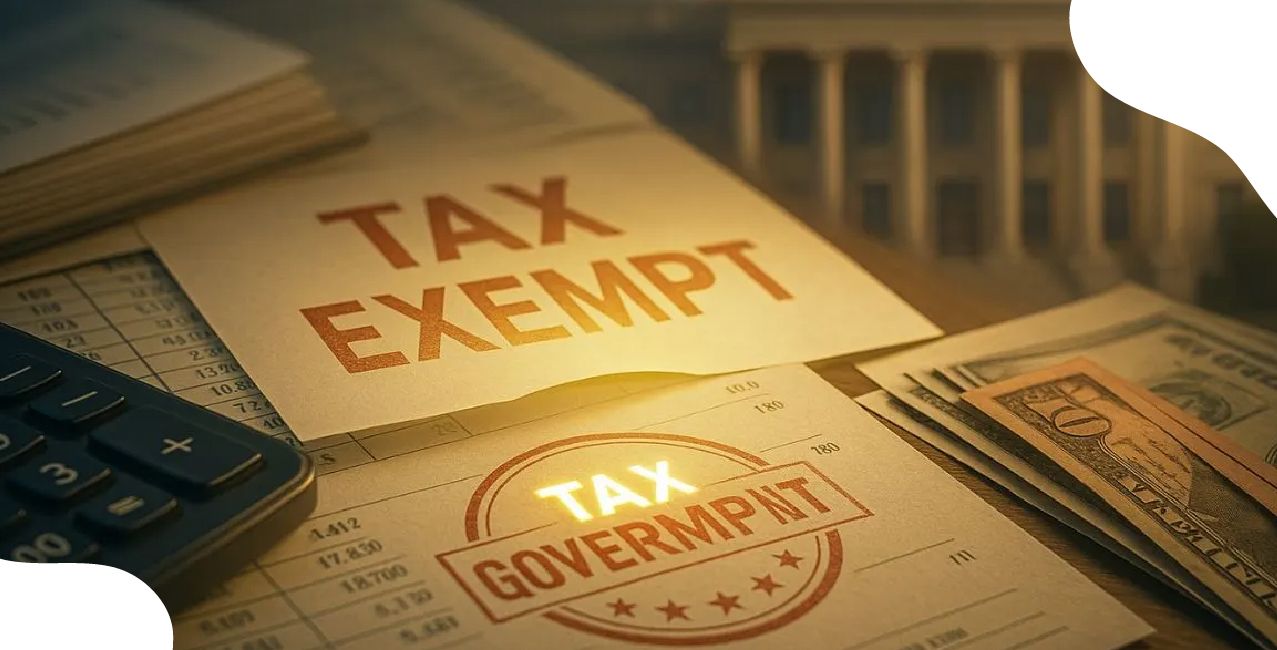
Author
LoansJagat Team
Read Time
6 Min
03 Sep 2025
Section 115 BBE of Income Tax Act – Tax on Unexplained Income
Key Takeaways
- Section 115BBE taxes unexplained income at 60% plus surcharge and cess.
- No deductions, exemptions, or set-offs are allowed against such income.
- Penalties and prosecution can apply for hiding or misreporting unexplained income.
- The section applies to all taxpayers, including individuals, HUFs, firms, and companies.
BONUS: DELHI HIGH COURT UPHELD SECTION 115BBE OF THE INCOME TAX ACT. IT RULED THAT FEAR OF MISUSE ALONE CANNOT MAKE THE PROVISION UNCONSTITUTIONAL.
Section 115BBE deals with income that cannot be explained, such as cash credits, unexplained investments, or unexplained expenses. The section imposes a higher tax rate to discourage black money and tax evasion.
For example, Mr. Arjun, a businessman, deposits ₹10,00,000 in his bank account during a financial year. He fails to explain the source of this income during the tax assessment. The assessing officer treats it as unexplained income under Section 68, and Section 115BBE is applied.
Here’s a Tax Calculation Table under Section 115BBE:
Thus, Mr. Arjun must pay ₹7,80,00 in tax on ₹10,00,000 lakh of unexplained income.
Importance of Section 115BBE of the Income Tax Act
Section 115BBE prevents tax evasion by ensuring that undisclosed incomes are taxed at punitive rates. It applies to individuals, firms, HUFs, and companies alike:
- Encourages honest reporting of income.
- Reduces black money circulation.
- Increases transparency in the tax system.
- Helps the government collect timely revenue.
By taxing hidden incomes at steep rates, this section strengthens fairness in India’s taxation system.
Read More - Section 115BAA of Income Tax Act – Corporate Tax Rate & Benefits Explained
Objective of Section 115BBE of the Income Tax Act
Section 115BBE of the Income Tax Act aims to stop people from hiding income and valuable assets. It allows the government to tax unexplained income found during tax checks or investigations. This section ensures that all taxpayers report their income honestly. The table below explains its main objectives:
The table highlights how Section 115BBE targets undisclosed income, strengthens compliance, and ensures all taxpayers are accountable.
Tax Deduction Rules under Section 115BBE of the Income Tax Act
Section 115BBE imposes a high tax rate on unexplained income under Sections 68 to 69D. It applies whether the income is shown in the tax return or discovered during assessment. The section does not allow any deductions or adjustments:
- The base tax rate is 60%.
- A 25% surcharge is added.
- A 6% penalty is applied only if the income is not disclosed in time.
- No deductions, allowances, or set-offs of losses are permitted.
- The final tax rate can go up to 84% with cess and penalty.
Section 115BBE is strict, and no deductions or set-offs are allowed against unexplained income.
Example: Mr. Rohan’s Case
Mr. Rohan deposited ₹15,00,000 in cash in his account but could not explain the source during the assessment. The officer taxed it under Section 115BBE:
Mr. Rohan cannot claim any deductions or adjust any losses against this income. Even if he had business expenses or losses, they won’t reduce his tax.
Note: If he had declared the ₹15,00,000 in his return and paid tax by 31 March, he could avoid the 6% penalty.
Also Read - Section 115BAB of the Income Tax Act: Complete Guide & Benefits
Due Date and Compliance Requirements Under Section 115BBE of the Income Tax Act
Section 115BBE applies when a taxpayer earns income from unexplained or undisclosed sources. To comply with this section, the taxpayer must declare such income in their income tax return and pay the required tax. While there is no separate due date for this section, the income must be reported within the due date for filing the return under the Income Tax Act to avoid penalties.
Compliance Requirements
To comply, taxpayers must disclose unexplained income in returns and pay taxes on time:
Compliance ensures taxpayers avoid penalties and interest, keeping their financial records clean.
Consequences of Non-Compliance
Failure to comply can lead to severe financial and legal consequences:
Non-compliance with Section 115BBE doesn’t just mean tax; it can bring penalties, interest, and even imprisonment.
Application of Section 115BBE
Since the cash deposit is unexplained and not reported, the tax officer treats it as undisclosed income under Section 69A. As a result, Section 115BBE applies.
Mr. Raj must now:
- Pay 60% tax on ₹15,00,000 = ₹9,00,000
- Pay surcharge (25%) on the tax = ₹2,25,000
- Pay cess (4%) on the total of tax and surcharge = ₹45,000
Here is a table for Total Tax Payable:
So, Mr. Raj has to pay a total tax of ₹11,70,000.
Conclusion
Section 115BBE of the Income Tax Act ensures that taxpayers cannot avoid taxes on unexplained income, assets, or cash. It imposes a high tax rate to discourage tax evasion and encourages people to report all income honestly. This section applies to all taxpayers and plays a vital role in improving tax compliance and fairness in the tax system.
FAQ’s
Q1. What does Section 115BBE of the Income Tax Act mean in simple terms?
It means unexplained income, like cash deposits, jewellery, or investments, is taxed at very high rates.
Q2. What is the effective tax rate under Section 115BBE of the Income Tax Act?
With tax, surcharge, and cess, the effective rate can go up to 78–84%.
Q3. Can agricultural income be taxed under Section 115BBE of the Income Tax Act?
No, genuine agricultural income is exempt, but unexplained deposits may still fall under this section.
Q4. Does Section 115BBE of the Income Tax Act allow set-off of losses?
No, you cannot adjust business or capital losses against unexplained income.
Q5. What is the penalty for hiding income under Section 115BBE of the Income Tax Act?
Apart froma 60% tax, a 10% penalty and possible prosecution may apply.
Q6. Is Section 115BBE of the Income Tax Act applicable to cash deposits after demonetisation?
Yes, unexplained cash deposits can be taxed under this section even after demonetisation.
Other Related Pages | |||
About the Author

LoansJagat Team
‘Simplify Finance for Everyone.’ This is the common goal of our team, as we try to explain any topic with relatable examples. From personal to business finance, managing EMIs to becoming debt-free, we do extensive research on each and every parameter, so you don’t have to. Scroll up and have a look at what 15+ years of experience in the BFSI sector looks like.

Quick Apply Loan
Subscribe Now


